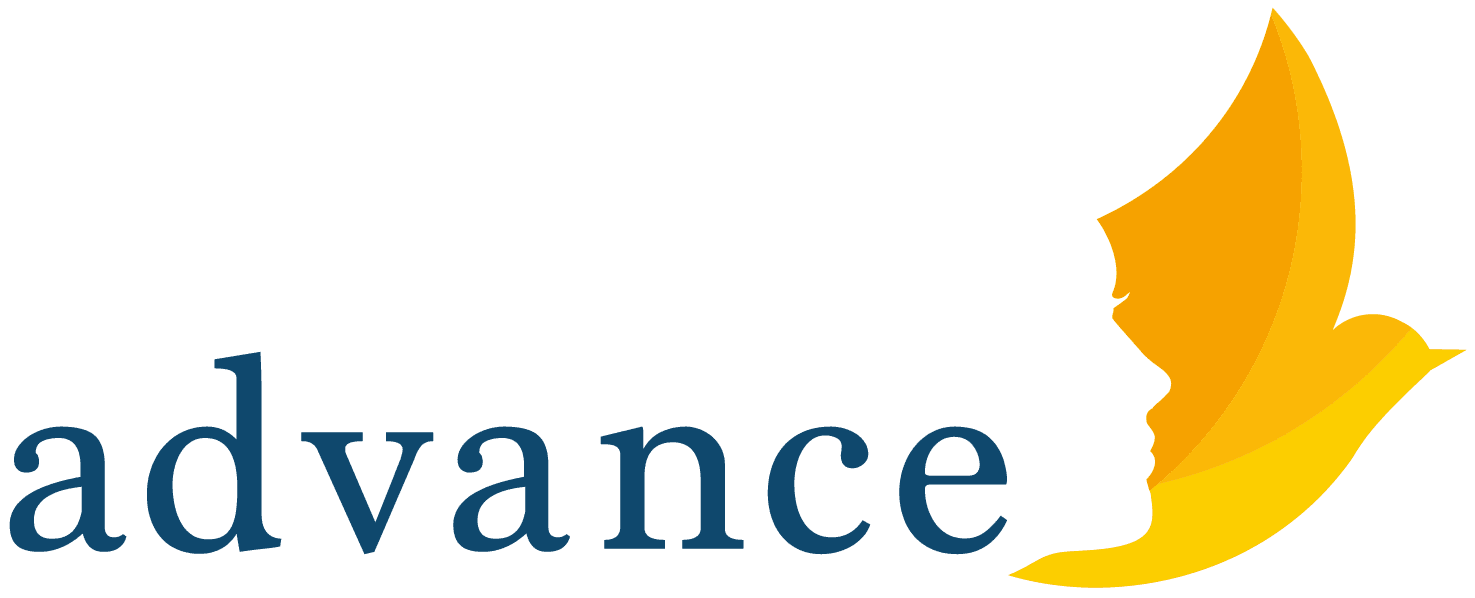It is common for autism to be part of a dual diagnosis with ADHD or Dyspraxia (issues with coordination and following instructions). Much like ADHD, it is 3 times more prevalent in males than females but that is likely due to diagnosis in males being easier as females tend to mask better, and the signs are different.
Autism has one of the lowest rates of employment in adults – with just 30% in some form of paid work. I’m going to talk about autism in the workplace, a place that can be a hard environment for any neurodiverse person, but aspects of autism make it especially hard.
Masking is common behaviour for those with autism and ADHD, and is an attempt to fit in with the world around us by hiding common symptoms such as controlling impulses to stim (repetitive movements, noises to self-soothe) or to interrupt, practising what to say in certain situations so you don’t mess up and copying what neurotypicals do even if you don’t understand why they do it. It’s tiring living a double life every day, not being able to be yourself for fear of being “different”. We can help by providing breaks away from a desk where people can remove that mask for a bit, and by providing fidget gadgets to allow stimming. Providing wireless headphones so a person can walk/move around during a Teams call, and removing the need for a camera to be on allows a break from the stress of trying to hide facial expressions and make the correct amount of eye contact. You’ll get more out of a neurodivergent employee than if they are expending loads of energy and focus trying to behave “normally”.
Those with ASC (Autism Spectrum Condition) can have very strong responses to sensory experiences: light, noise, smells, touch. Think about your office space, open plan, hot desking, bright lights, hard to control temperature, phones ringing, different conversations going on, keyboards tapping, the bing of a Teams call. You can see why sensory overload is not uncommon for autistic employees in an office environment and why working from home is desirable. We haven’t even touched on perfume and food smells and differing textures of desks and equipment. Offer a space somewhere that is less stimulating where a person can go when they feel overwhelmed, make allowances for personal desks for those who are neurodivergent, so they have some control over their space. Anyone that has hot desked knows it’s hard to rock up and make yourself feel at home but it’s so much worse if a certain desk surface feels wrong, if the one desk with less overhead lighting or away from the printer is taken, if the only chair in the office that doesn’t squeak when you move is being used. Don’t underestimate how sensitive we are to sensory input; I can hear light bulbs squeal that only other neurodivergent people can hear. Could you concentrate with a high-pitched squeal in your ears all day? Do we consider how it affects others and how we can mitigate the effects? We should really consider a Personal Emergency Evacuation Plan for those who may go into melt down or freeze if an unexpected fire alarm goes off with noise and people moving about hurriedly.
Autism is associated with fixations or hyperfocus and it can be hard to distract from a routine or interest. Avoid changing the days you have meetings without prior notice and discussion, as it messes up a routine that provides security and comfort. Unexpected phone calls or meetings also can send us into a tailspin – it doesn’t fit in with my plans, I need to work out how to move from one task to another, and why are you springing this on me? What have I done wrong? Please try to stick to routines and always let the other person know what is going to happen next, why and a timeline if possible. A simple “I’d like half an hour catch up just to update you on the project, let me know when suits you” can make such a difference compared to the internal chaos an unexpected meeting invite with no context creates.
The best advice I can give you is to allow people space to be themselves, don’t judge by your standards and ask questions. What do you need, how can I make this easier for you, does it help if…?
Bio
Wendy is a Complex Needs Keyworker who works across One Small Thing’s Hope Street and Advance’s Portsmouth Women’s Centre, supporting women with a range of complex needs. These include substance use, chaotic lifestyles and neurodivergence. In addition to this, Wendy supports with housing issues – a particularly prevalent need among her clients.
With over 20 years’ experience, Wendy has a deep understanding of the diverse challenges faced by the women she works with. In addition to her one-on-one support, Wendy also delivers workshops and group sessions at both centres. These include topics focused on women’s wellbeing, as well as neurodiversity training for professionals. Wendy draws from her own experience of living with ADHD in delivering this training, and she is currently pursuing a degree in psychology.
About Advance
- Advance’s vision is a world in which women and children lead safe, equal, violence-free lives so that they can flourish and actively contribute to society. The charity works with women who experience domestic abuse to be safe and take control of their lives, and women who have committed crime or are at risk of offending to break the cycle.
- As well as providing direct support, Advance works with statutory services, government agencies and other women’s charities to ensure a holistic approach to the issues these women face.
- Women must be referred to Advance, via statutory services or the charity’s self-referral scheme. For more information about who Advance is able to support, please visit Get help
- For facts and statistics about domestic abuse and women in the criminal justice system, as well as Advance’s work, please visit Our impact
Notes
- *data from Beyond Autism
- National autistic society: Advice and guidance


